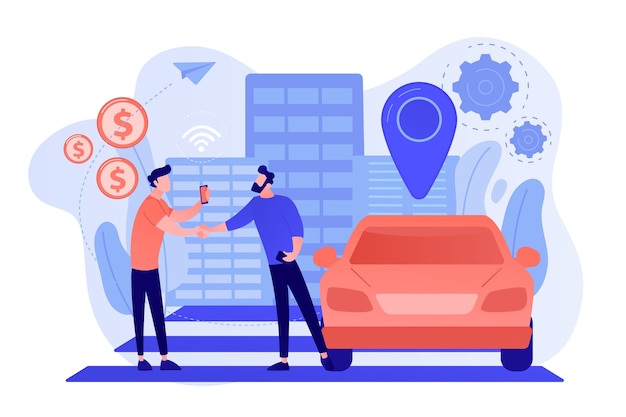
Deciding whether to buy or lease a car doesn’t have to be complex. It just depends on what suits your lifestyle and budget best. Leasing often suits people who don’t drive much, perhaps because they don’t need to commute or drive children around. It’s worth bearing in mind that leasing is really just like renting a car long-term, while buying a car means it’s yours outright. If that makes no difference to you, then other factors can be considered. Some people love the idea of regularly driving a brand new car, while others prefer the idea of car ownership. Both options have their own distinctive benefits, which could suit anyone depending on their individual circumstances. Let’s explore the advantages and disadvantages to help you pick the right option. Either way, there are deals that can give you great value for money.
Are you interested in owning your car in the long-term?
When you lease, you never actually own the car. Once the lease term ends, you return the car to the dealership so it can be leased to someone else. While some draw comparisons between leasing and car rental, the main difference lies in the length of time you keep the car. As long as you respect the terms of the lease, you have the opportunity to lease a new car every time you return an old one.
Worried about upfront costs?
Getting a new car can be costly, especially depending on your credit history. Unless you are eligible for a dealer’s special offer, you’ll need to pay upfront with a down payment, plus additional taxes if necessary. This doesn’t include additional DMV fees for registration and setting up the car’s title. Usually, you only need to pay the first month’s lease payment upfront, meaning less immediate outlay. You could even leave the dealership with enough extra cash for a fill-up at the gas station. That said, there is generally a required security deposit to cover any potential damage. On the bright side, you can get back your entire deposit if you honor your contract. But remember, if you exceed the agreed mileage, you could lose your deposit.
Interested in how monthly payments work?
Many people are drawn to leasing due to the lower monthly payments. This is primarily because the car’s value depreciates during your lease. Unless your credit score is excellent, purchasing a car can lead to higher monthly payments. Despite higher payments, buying a car is considered a worthwhile investment because the car eventually becomes yours. Interest and financing charges also influence your monthly payments. However, your payments may decrease over time if you adhere to payment schedules and agreement terms.
What happens with early termination?
In terms of early termination, buying has the edge over leasing. If you buy your vehicle, it’s simple to sell or trade it in any time, using the income to settle your loan balance. With leased vehicles, you’re tied to the lease duration, and breaking that early incurs extra costs, often referred to as ‘termination fees’. In some cases, these penalties can even exceed the total lease agreement cost.
Choosing the more cost-effective option between leasing and purchasing isn’t a straightforward task. If you’re unsure, consider visiting a car dealership for professional advice. As illustrated in this comparison, there are plenty of factors to weigh up to ensure you get the most out of your dealings with the dealership.


